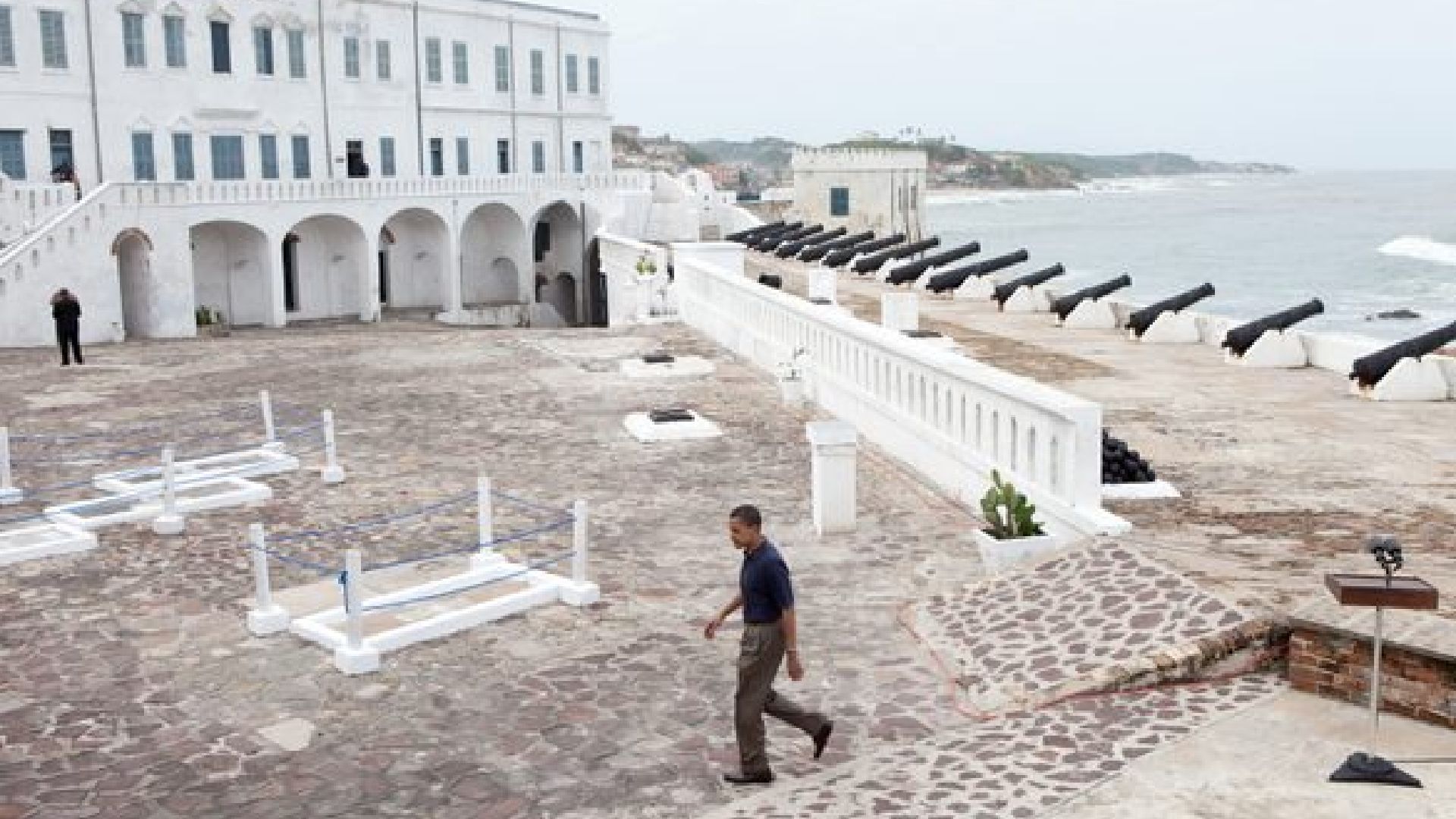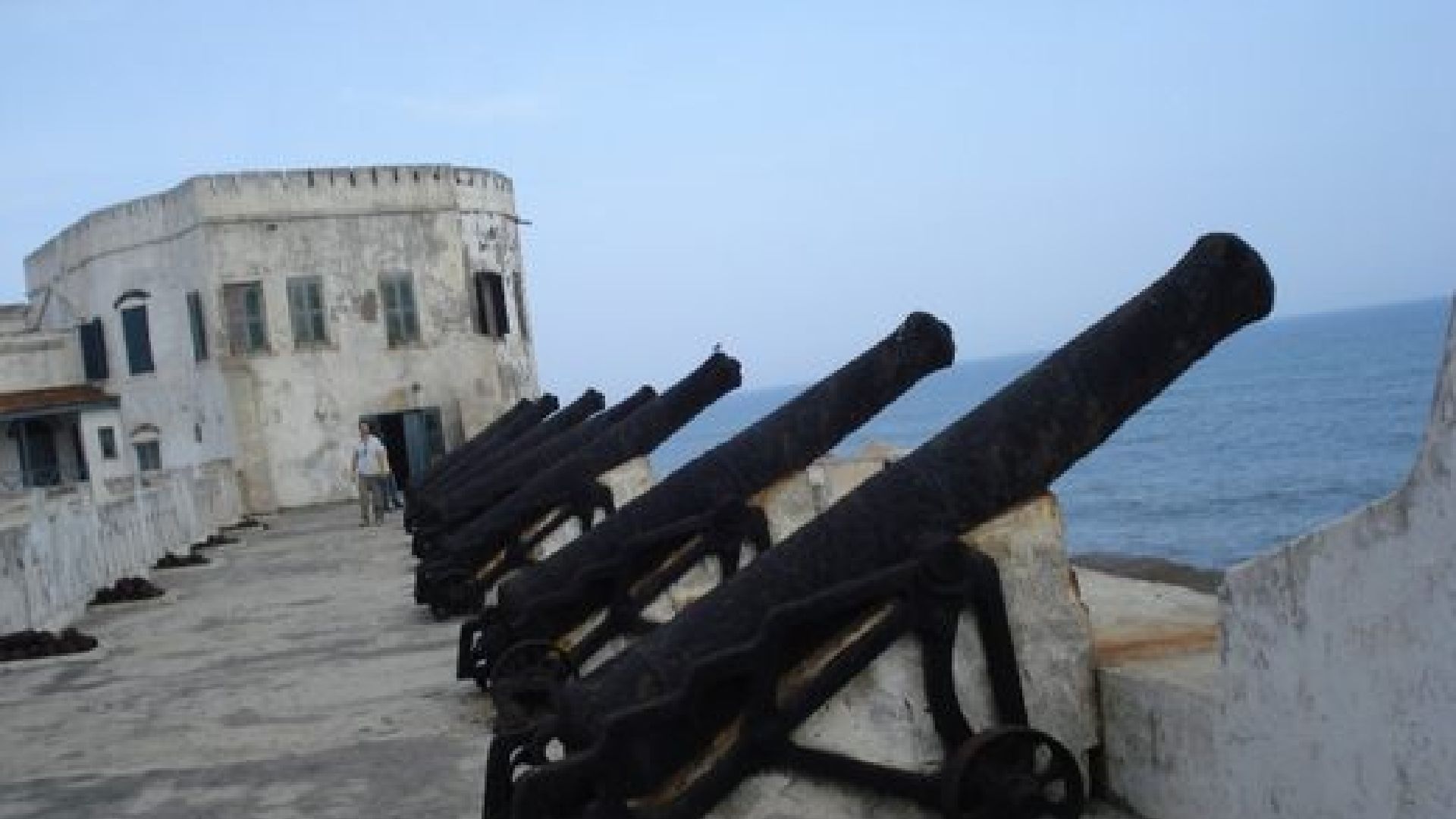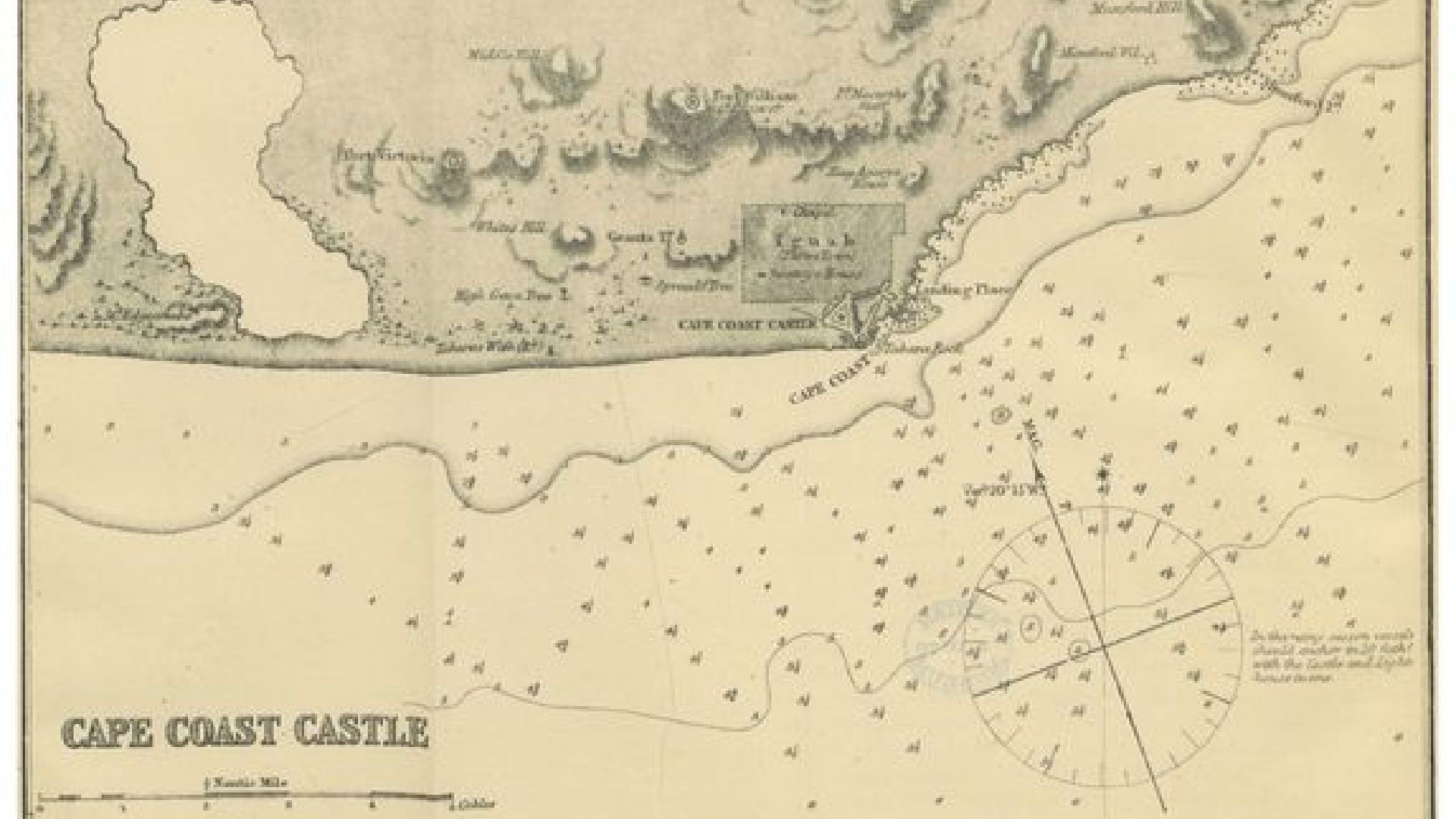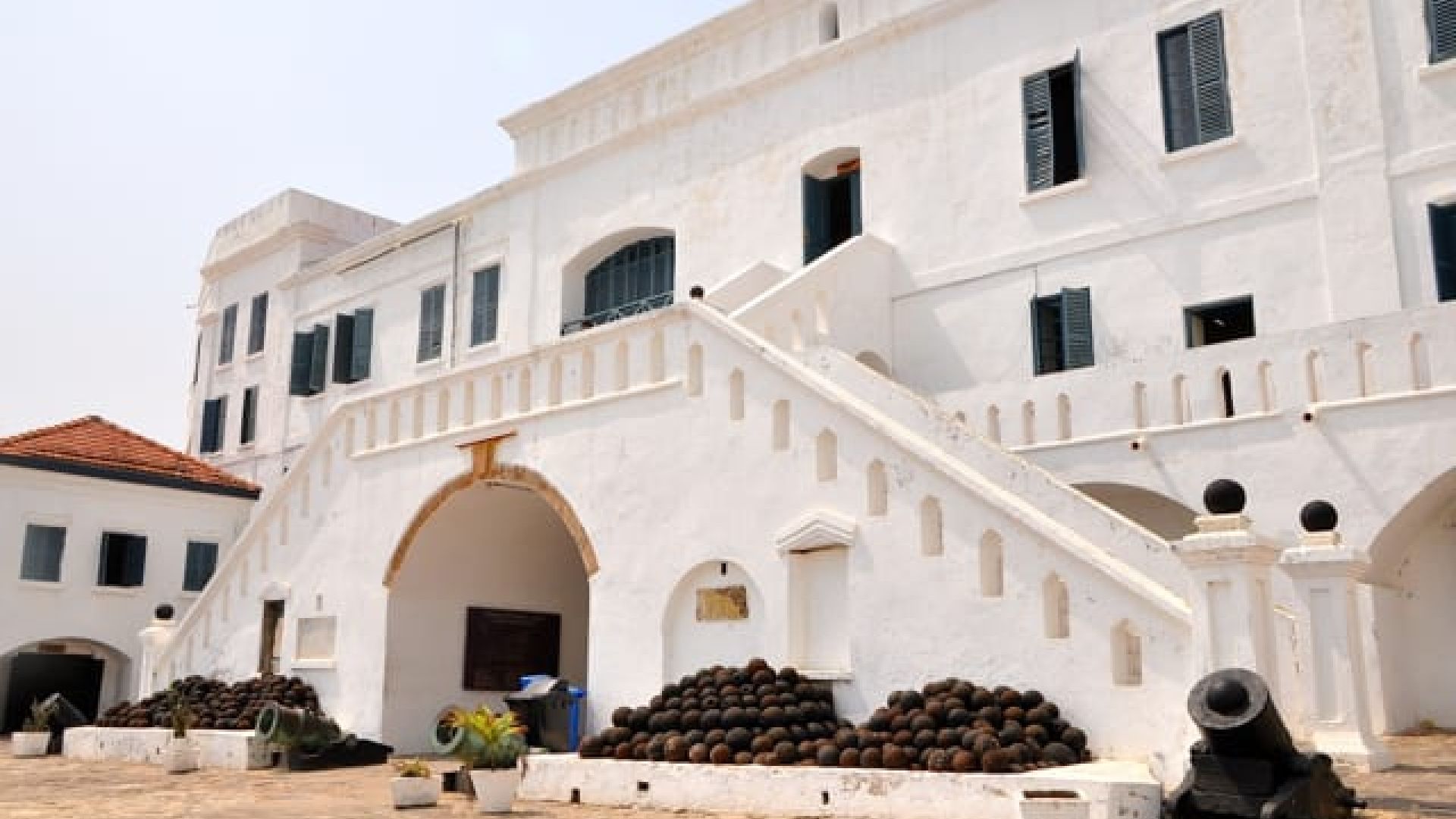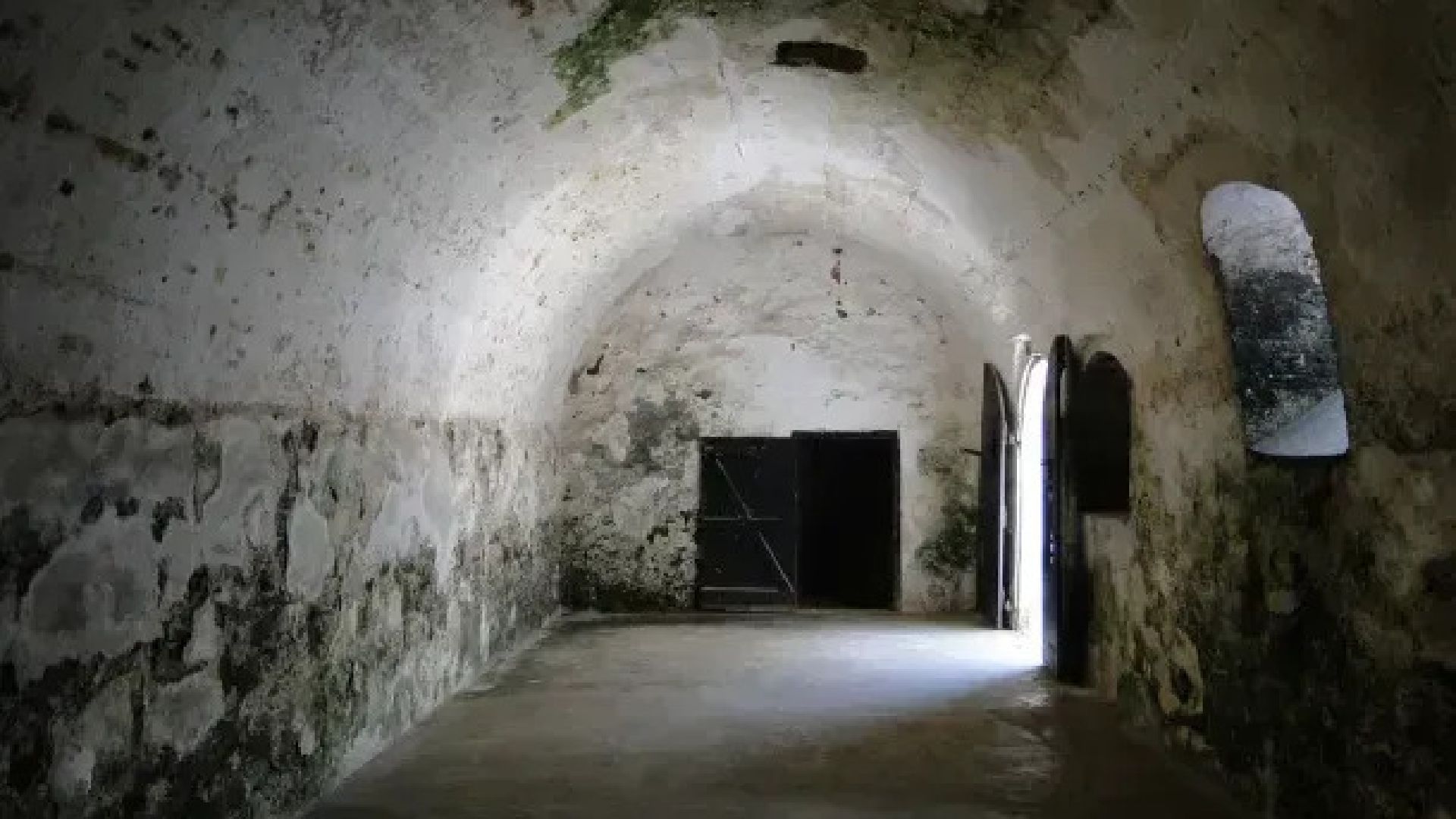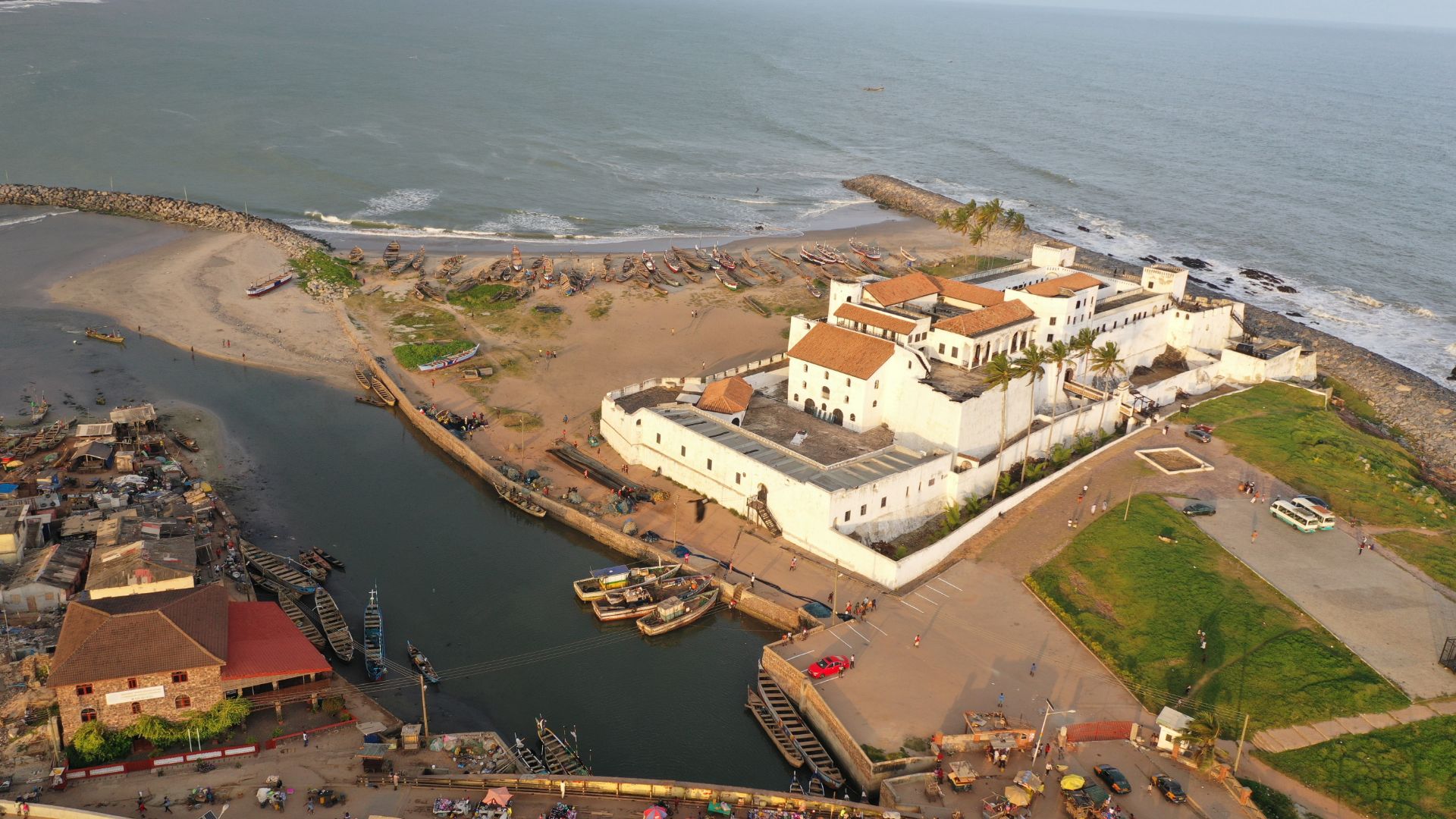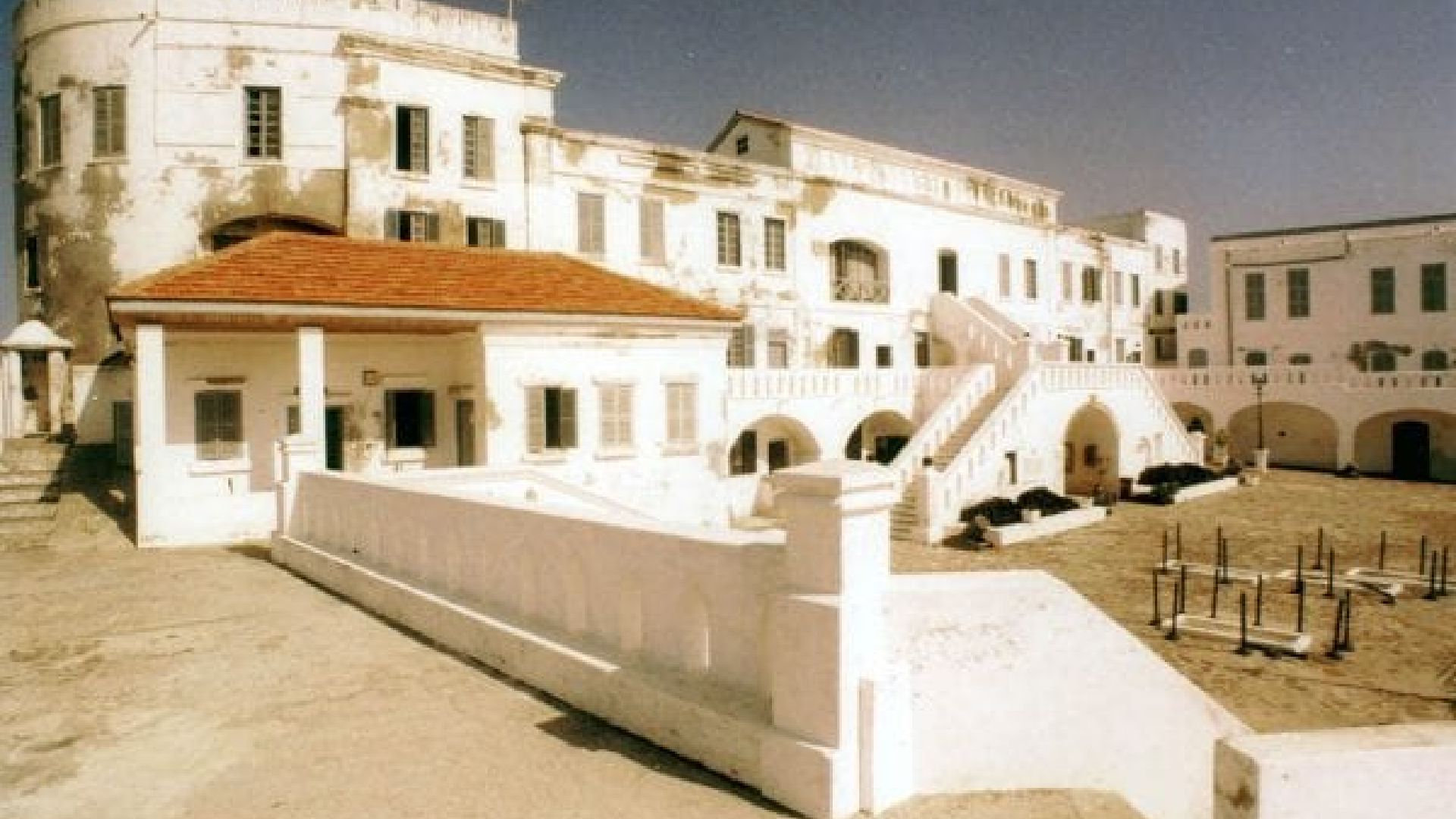Recognizing the unique history of Ghana and the role it played in the horrors of the transatlantic slave trade, the Global Christian Forum leadership have set aside Wednesday, April 17th to visit Cape Coast Castle, a UNESCO World Heritage site. Cape Coast Castle is one of the fortresses built by European colonial powers which was used as a final point of departure for the men, women, and children who were sold into chattel slavery.
The participants in the Global Gathering in Accra will depart from the city early in the morning to visit the Cape Coast Castle, take a tour of the grounds, spend time in prayer and reflection, and have space to consider their own relationship to the history of slavery. After the tour, the participants will join together in a worship service of lamentation and reconciliation. The team members who are planning the Global Gathering recognize the ways that the injustices of the slave trade still impact our world today; they recognize the modern forms of slavery that continue to exist, and they acknowledge the complicity of many churches and Christian leaders during the era of slavery.
The visit to Cape Coast Castle will provide an opportunity for Christians from across the world, representing various traditions to walk together through the pain of history, to listen for the voice of God who heals all wounds, and to move forward with the peace of Christ.

